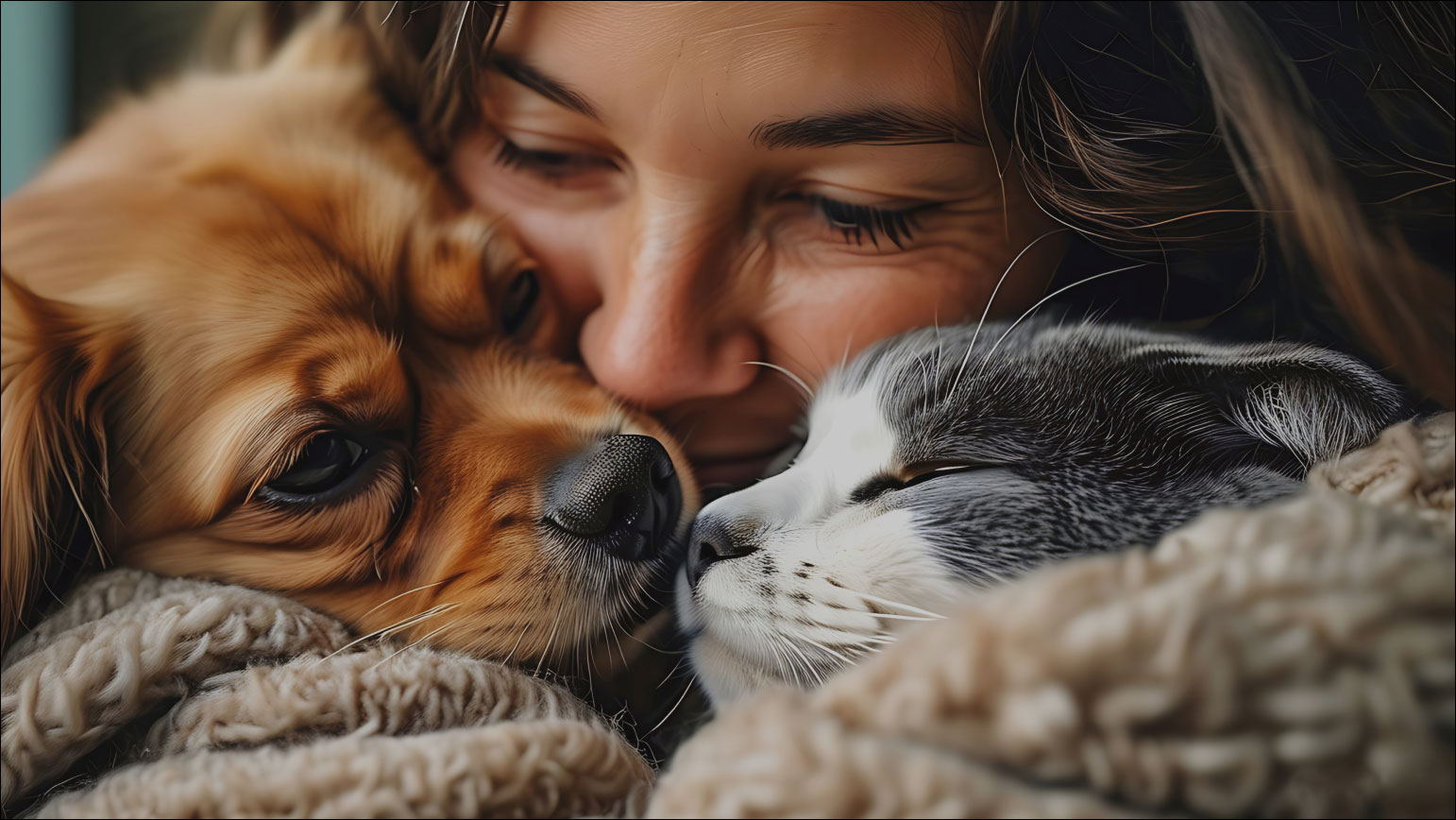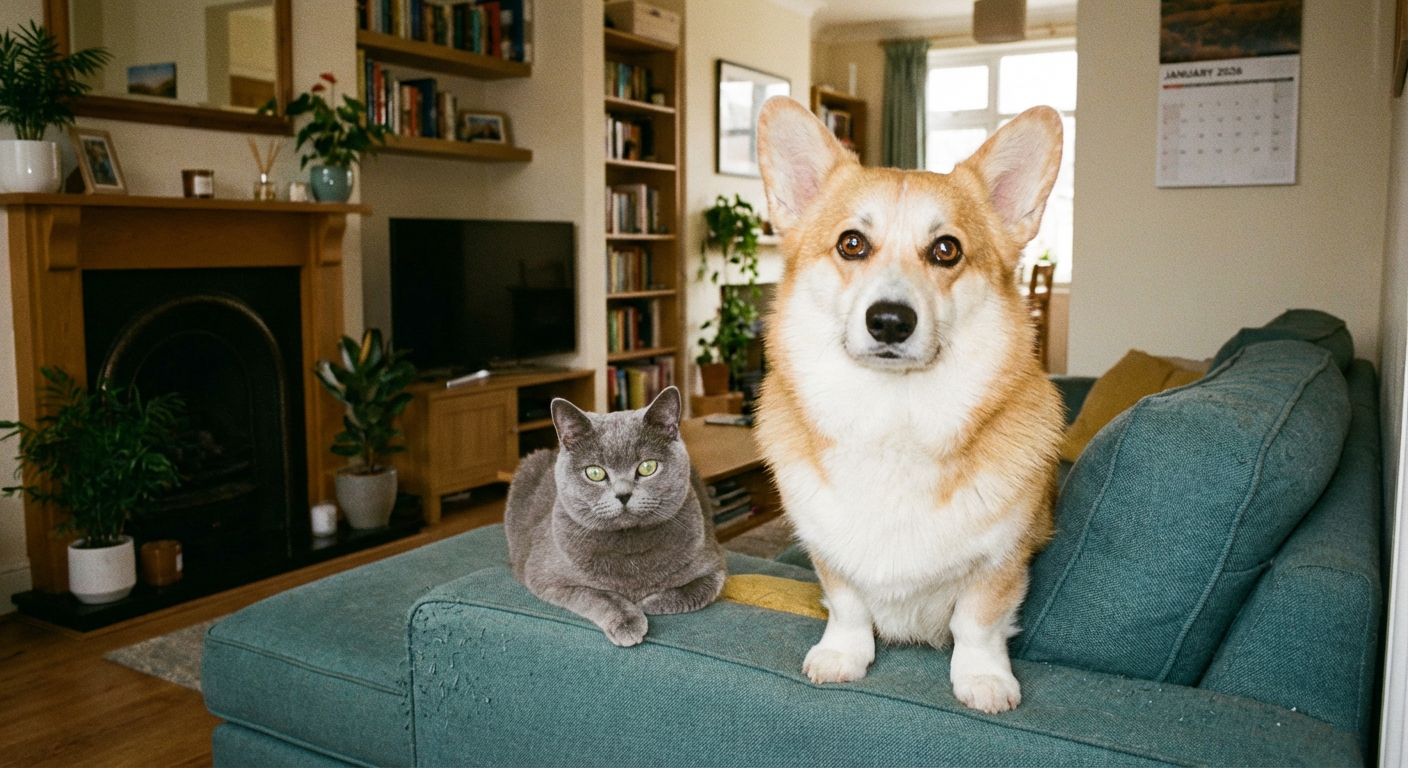Raw feeding is commonly known as Biologically Appropriate Raw Food. This food has not been heat processed before being fed to your dog.
The foods are sold as either a “complete” food source or a “complimentary” option to be fed alongside another food source. Complimentary feeds are designed to be fed as part of a diet only. They are not a nutritionally balanced option when fed alone. They should never be fed as the sole source of nutrition to your dog.
Raw feeding has grown in popularity over recent years and its vital that you consider all the evidence before making a change to raw feeding. Currently there is limited scientific evidence for the benefits of raw diets. There are many important things to consider if raw feeding is to be attempted;
Contamination
Recent scientific studies show that a high number of raw meat diets (both commercial and homemade), are contaminated with bacteria. Some bacteria will have no ill effect on your dog, but there are wider implications for human health as some may have serious consequences.
Your dog may not have any signs of ill health but there is a health responsibility to the wider human and dog population. Human grade meat and animal by products may still be contaminated with harmful bacteria.
Dental Health
There are anecdotal reports of improved dental health in dogs fed raw diets but there is no evidence to confirm this. There is, however, significant evidence that feeding a specialised dental diet can reduce dental disease and improve oral health.
With your dog, it’s also important to bear in mind differences between breeds which can also mean that dental health will vary.
Skin
Anecdotal improvements in skin health on raw fed dogs have been reported. In Europe allergies to house dust mites and storage mites are common.
Storage mites are naturally found in dry food stores and will be found within dry commercial dog foods. Feeding a raw diet may remove this risk for dogs with known or diagnosed skin allergies related to forage and storage mites.
Nutrients
When feeding your dog it’s important to remember the importance of a balanced and complete diet for their life stage. This will ensure that they get all the nutrients they need without any deficiencies.
Feeding raw can make it difficult to achieve this, especially if feeding a homemade diet. There are case studies of pets developing health problems linked to nutritional deficiencies in raw feeding.
Summary
Current best practice advice in the UK for raw feeding, as advised by the British small Animal Veterinary association (2020) includes:
- Diets should be prepared by a professional trained in commercial pet food manufacture.
- Diet should be formulated by and in consultation with individuals trained in animal nutrition to a senior level.
- Anyone considering a home prepared raw diet should only do so using a recipe overseen and approved by a member of a veterinary nutrition body.
If you would like any more information on this or any other pet health related queries, please contact our 24/7 vet Careline.


